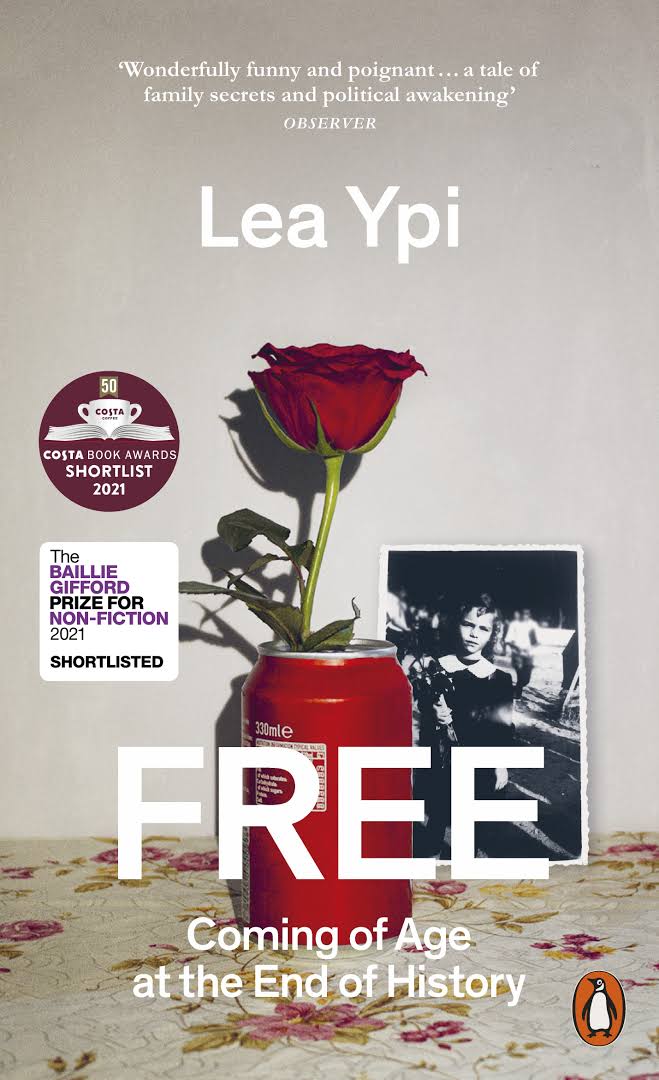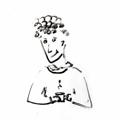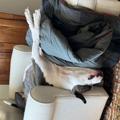Freedom - what, where and how?
5 stars
As a child in 1980s Albania, Lea grows up feeling free. She believes in the ideals of socialism and in 'holiness' of Enver Hoxha. She doesn't miss the freedom to consume what she wants, happy to choose between toasted and non-toasted sunflower seeds. She is unaware of the system of political repression of which she is a tiny cog, and that has harmed her direct family in quite brutal ways. Then, the dictatorship falls, and capitalism comes to town. Suddenly, freedom is on everyone's mouth, but Lea starts to notice unfreedom everywhere: people lose their job and have no money for things that used to be provided for free by the state, they are forced to migrate because of unemployment, while not being allowed to migrate because of borders. Money replaces imprisonment as the main engine of coercion, until the dramatic ending when, as the country is torn apart by …
As a child in 1980s Albania, Lea grows up feeling free. She believes in the ideals of socialism and in 'holiness' of Enver Hoxha. She doesn't miss the freedom to consume what she wants, happy to choose between toasted and non-toasted sunflower seeds. She is unaware of the system of political repression of which she is a tiny cog, and that has harmed her direct family in quite brutal ways. Then, the dictatorship falls, and capitalism comes to town. Suddenly, freedom is on everyone's mouth, but Lea starts to notice unfreedom everywhere: people lose their job and have no money for things that used to be provided for free by the state, they are forced to migrate because of unemployment, while not being allowed to migrate because of borders. Money replaces imprisonment as the main engine of coercion, until the dramatic ending when, as the country is torn apart by a quasi civil-war, Lea is not even allowed to leave her house or risks being shot. Alongside Lea, we learn to know her family: first and foremost Lea's dad, Zafo, and her granny, Nini, as well as her more distant mother, and a host of more typified characters that are also braving the same transition: the dogmatic socialist teacher, the ridicolous World Bank consultant, the street bully. I really enjoyed this book!


